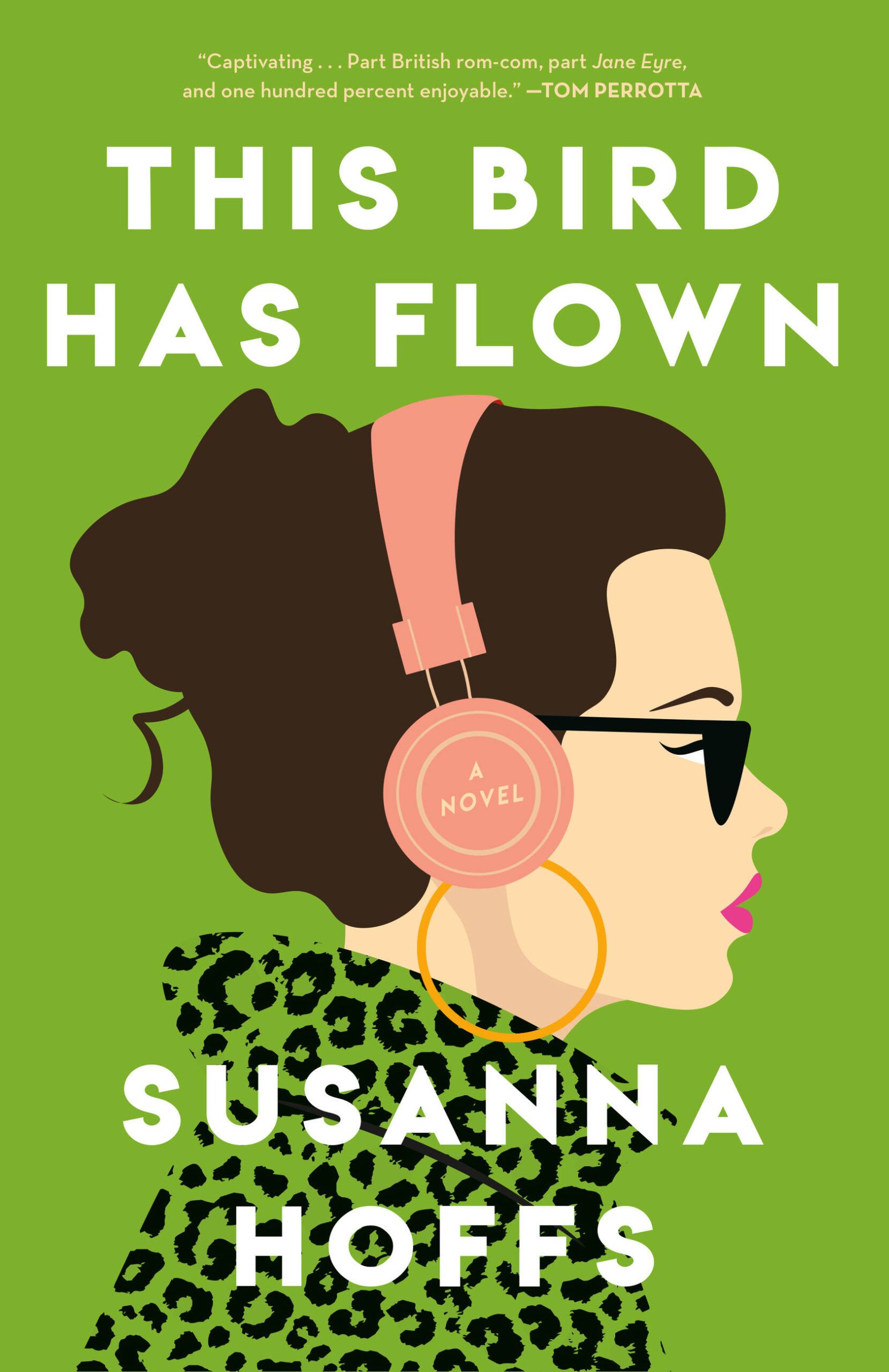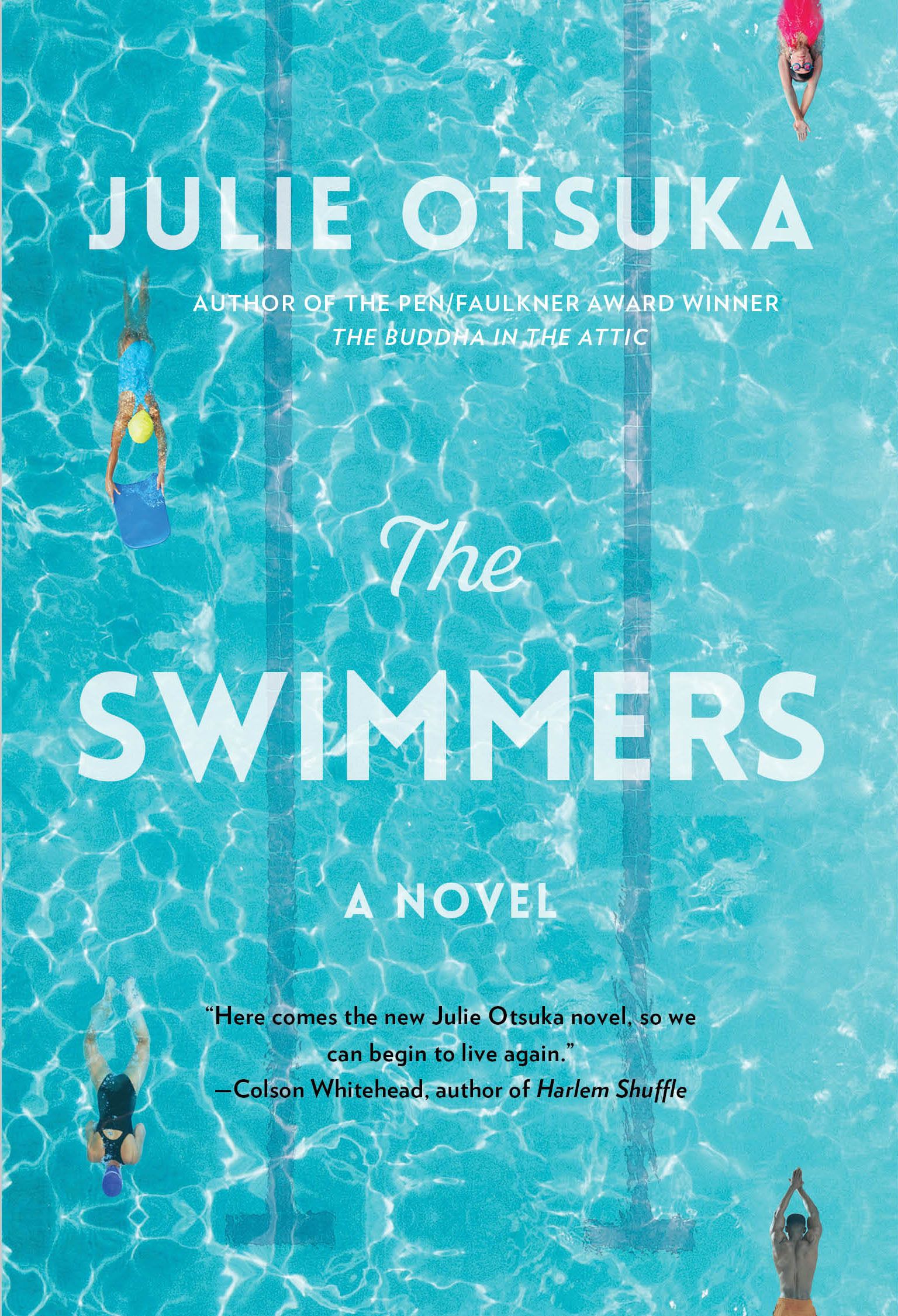Jacqueline in Paris is a novel by Ann Mah that follows Jacqueline Bouvier (or as most of us know her, Jackie Kennedy Onassis) during her formative year abroad in Paris. Beginning in the fall of 1949 and ending in the summer of 1950, when Jacqueline was just twenty years old, the novel captures what the former first lady described as “the high point in my life, my happiest and most carefree year.” The novel opens with Jacqueline feeling emotionally and intellectually stifled; she lives at home with a critical mother and apathetic stepfather, and her peers treat college as a social club in which one finds a husband. So, when she hears of a contingent of students from Smith College going to study in France — a place that’s always held a certain fascination for her — she does everything in her power to join the program. Once in Paris, Jacqueline’s world bursts wide open. She experiences glittering nights at the opera, she dances in the smoky jazz clubs, and she finds friends eager to discuss art and politics. But all is not idyllic, and amid the fun, Jacqueline discovers a postwar Paris still struggling to find its footing. Communism is on the rise, spies seem to lurk around every corner, and many, including her host family, struggle to trust both outsiders and neighbors after harrowing experiences during the Occupation. Raised to be a socialite devoid of opinions, Jacqueline must quickly figure out who she is and how to express herself if she wants to stay afloat in this fast-moving city. And as the seasons change, a more confident, adventurous Jacqueline takes form, one that informs so much of the beloved icon we remember today.
The minute I read the front flap in the bookstore, I knew I had to get this book. I love Jackie Kennedy, Paris, and WWII-era historical fiction, and Jacqueline in Paris seemed to combine all of these things within an original story. I was not disappointed — from the first page, Mah imagines a thoroughly realistic heroine in Jacqueline and paints a wistful, romantic version of Paris. There’s just enough intrigue to give the story teeth, and although I most enjoyed the slower parts where the characters chat at cafés and form friendships, I was compelled by the constant hints at an underground spy network. All of the big reveals happen at the very end, though, so keep in mind that the action element of the novel is a slow burn. In the author’s note, Mah explains how deeply she researched Jacqueline’s life, reading countless biographies, letters, and even interviewing her French host sister, and the result is such rich detail that it feels like you’re reading a diary. I also appreciated the firm focus on Jacqueline Bouvier instead of Jackie Kennedy; once or twice Mah refers to Jacqueline’s future, but this novel isn’t about her marriage or her work in the White House, it’s about her lesser-known (but just as fascinating) experiences as a young woman. I finished Jacqueline in Paris feeling entertained, enchanted, and more knowledgable, exactly what I always hope for with historical fiction.
I’d recommend this book to…
- Anyone looking for a historical fiction novel with delightful, well-rounded characters… it’s similar in style to Lilac Girls by Martha Hall Kelly
- Anyone who loves a romantic coming-of-age story that centers around travel… it’s similar in theme to the film Roman Holiday
- Anyone who appreciates earnest, nostalgic, and introspective writing… it’s similar in tone to The Personal Librarian by Marie Benedict and Victoria Christopher Murray








